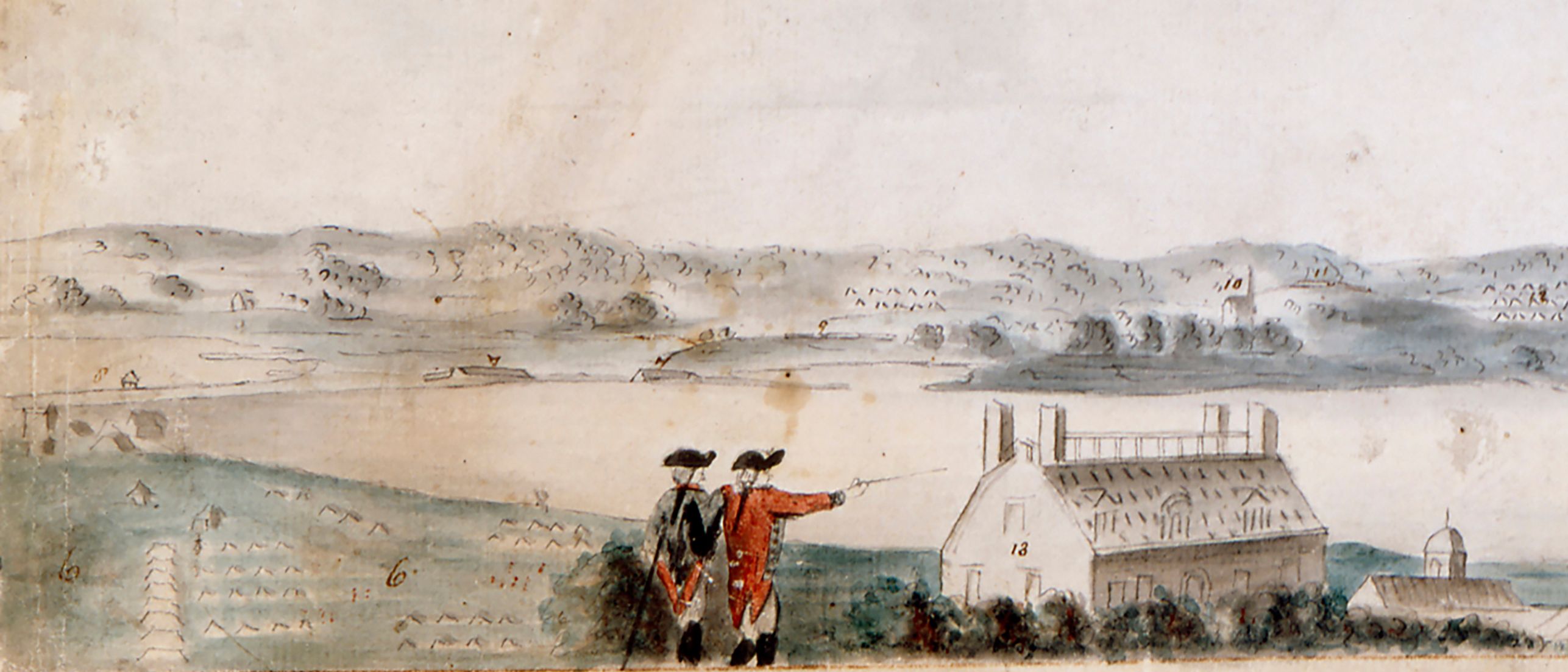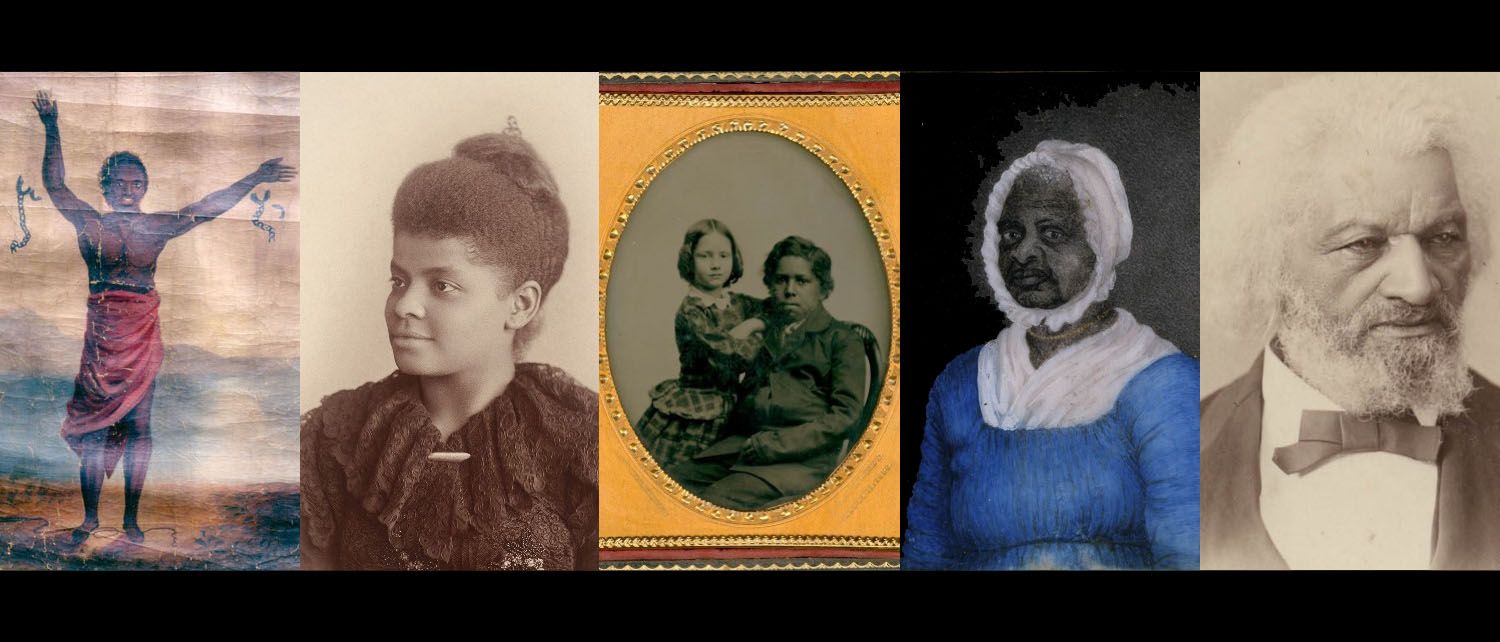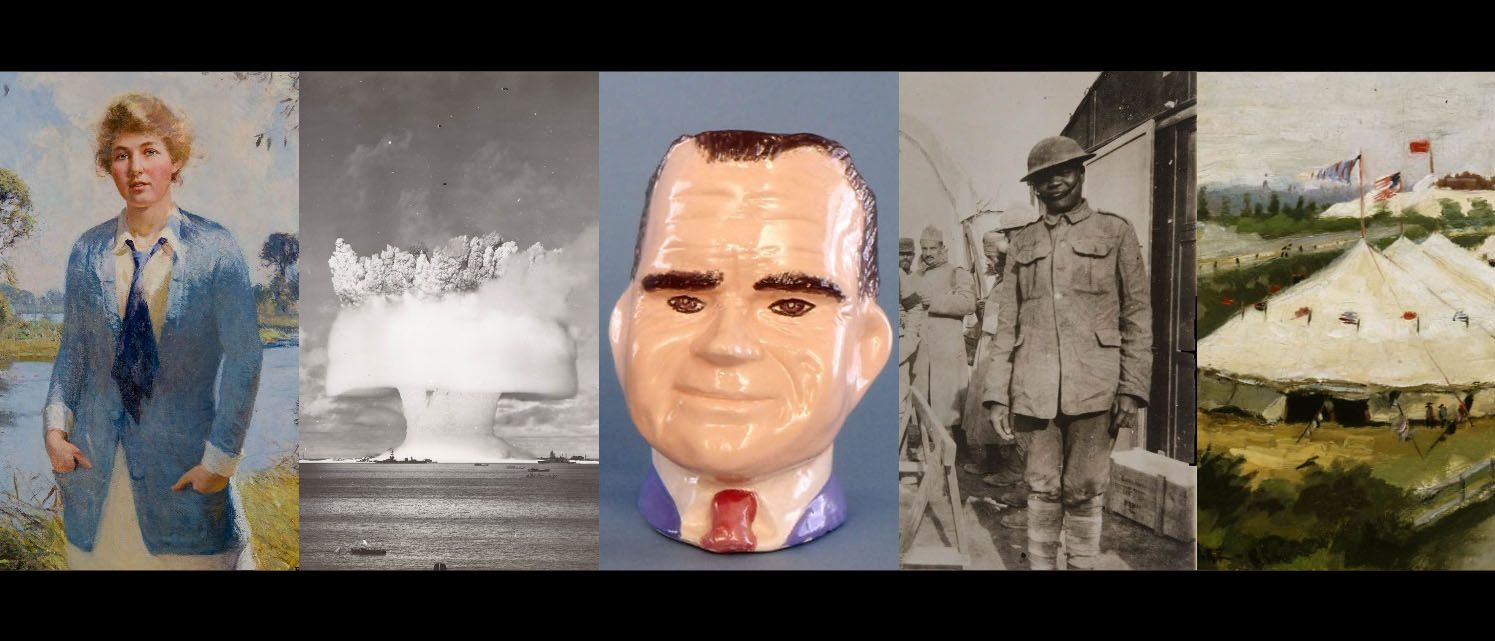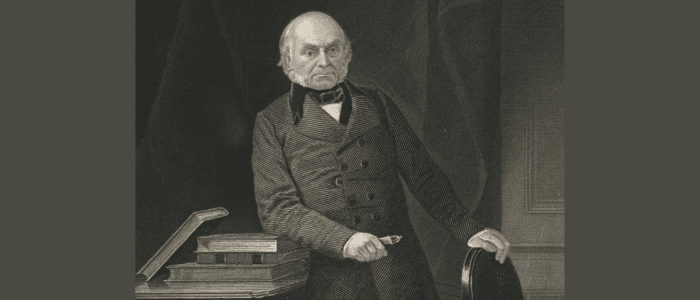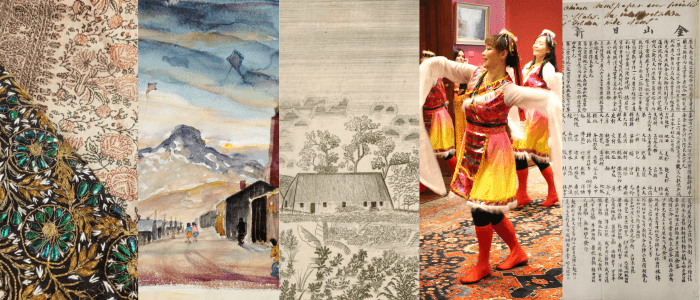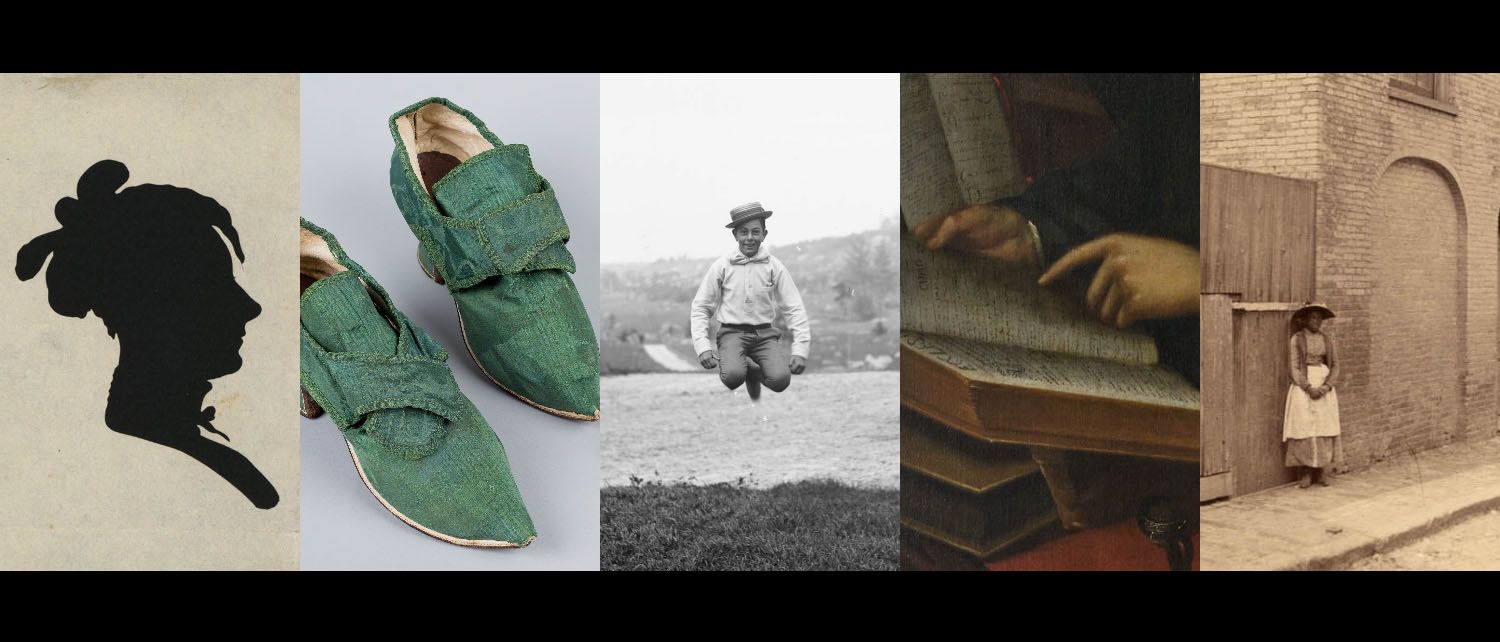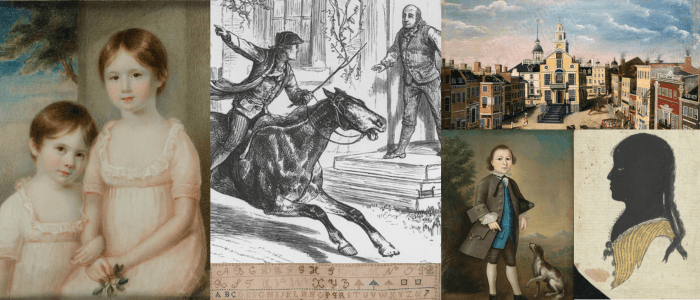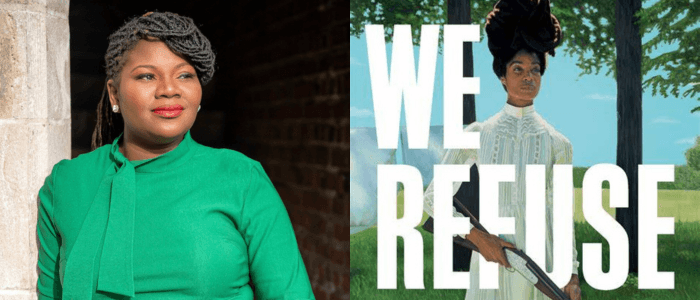Event
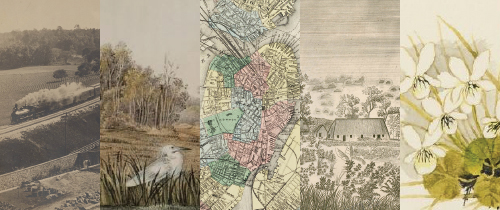
POSTPONED: Pipe Dreams: The Pursuit of Desalination and the Promise of a Water-Abundant Future in the 1950s and 1960s
THIS EVENT HAS BEEN POSTPONED!
Author: Elizabeth Hameeteman, Boston University
Comment: Megan Black, MIT
Driven by the strong conviction that water resources needed to be managed, controlled, and used in a rational manner, fears about not being able to meet present and future water needs triggered and justified the proliferation of large water infrastructure projects in the post-WWII period—and also, as I propose, the pursuit of desalination. Its potential as a new, untapped source of fresh water carried promises of modernization and development, and especially appealed to governments looking to develop, diversify, and decentralize sources of supply. By uncovering how several countries and international organizations imagined the potential of desalination, and tried to jumpstart its widespread adoption, I show how the story of desalination adds new layers to our understanding of the postwar development era.
The Environmental History Seminar invites you to join the conversation. Seminars bring together a diverse group of scholars and interested members of the public to workshop a pre-circulated paper. Learn more.
Please note, this is an online event hosted on the video conference platform, Zoom. Registrants will receive a confirmation message with attendance information.
Subscribers for the current year may login to view currently available essays.
THIS EVENT HAS BEEN POSTPONED
THIS EVENT HAS BEEN POSTPONED
